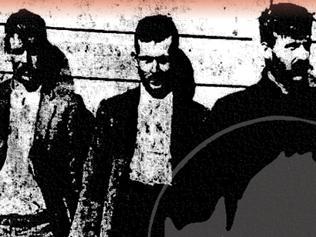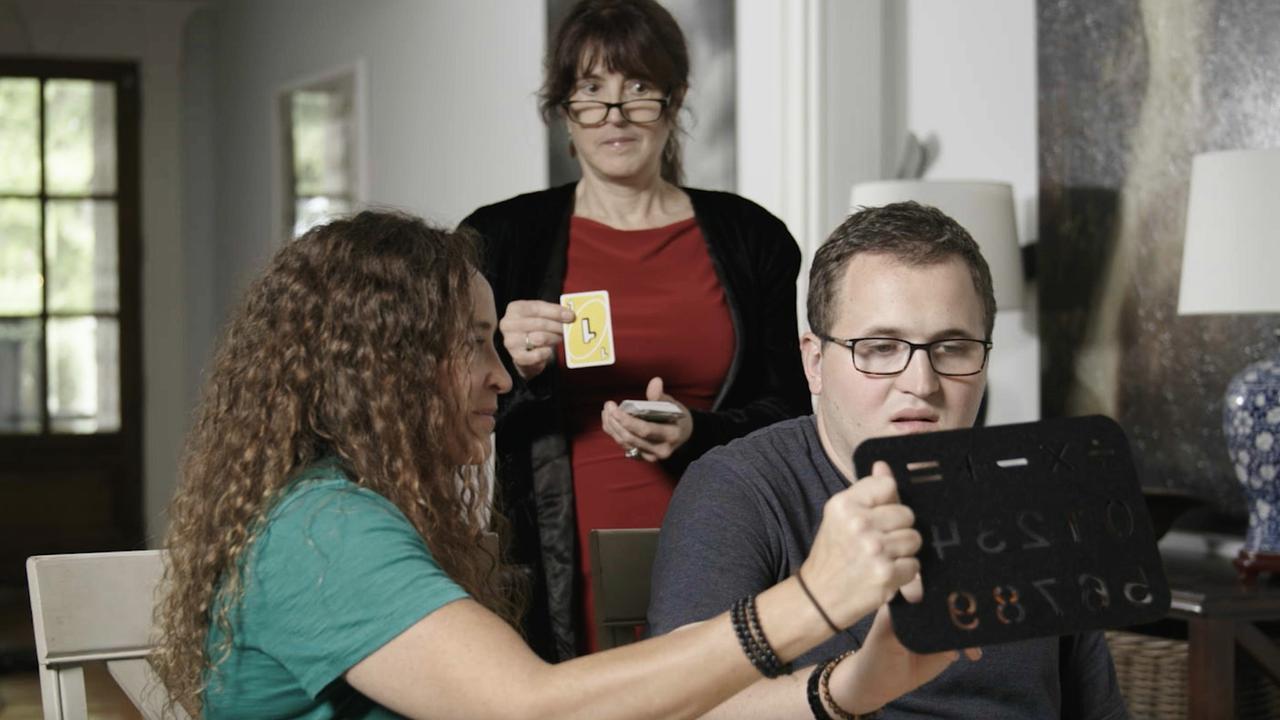Murder by Industrial Workers of the World explored by Rowan Day
Who would have thought a small town in rural NSW would become host to a radical, anarchist labour movement?

Murder in Tottenham is not the crime thriller its title suggests. The subtitle, Australia’s First Political Assassination, is the nub of Rowan Day’s book, which covers a little-known aspect of the famous labour movement Industrial Workers of the World, known as the Wobblies.
In 1916, in Tottenham, a small town west of Dubbo, NSW, two of its members shot a policeman in the back.
Day argues the significance of events at Tottenham has been overlooked. ‘‘The Tottenham Wobblies and their associates have been largely forgotten, despite doing everything imaginable to insert themselves into the history books.’’
The Tottenham Wobblies, notably the Kennedy family, were involved at a local, national and international level in the IWW, which was founded in Chicago in 1905 but quickly became a global movement.
Kevin Kennedy, the oldest of five brothers, was a leading Wobbly in the US until deported in 1917. Michael ‘‘Herb’’ Kennedy was prominent with other IWW leaders in radical industrial action in New Zealand which culminated in the Waihi miners’ strike in 1912. During the strike he was elected president of the Waihi Miners Union. Day says he returned to Tottenham publicly identified as ‘‘one of the most active, influential radicals in the southern hemisphere’’. The youngest brother, Roland, was an active Wobbly in Tottenham. As a trumpeter in the brass band he was at the heart of their stirring songs.
Tottenham was a hotbed of mainly unskilled labourers constantly changing jobs or passing through in search of work at the mines or laying the fast-approaching railway track. Industrial disputes involving militant navvies and members of the IWW increased in the area. Other occupations, too, were prone to frequent strike action. Miners often instituted a go slow or stopped work completely, most notably in 1909, when a strike lasted more than two months.
In 1916, 80 workers walked off the government wheat farm in the district. The itinerant workforce, Day notes, continued a longstanding tradition of flocking on payday to town pubs where copies of the Wobblies journal Direct Action sold ‘‘like hot cakes’’.
Their public meetings and singalongs were enthusiastically attended. The IWW eschewed trade union processes of arbitration or political power, instead putting its faith in direct action against capitalism by ‘‘violent and destructive sabotage’’. When arson destroyed the Mount Royal mine at Tottenham, they were the prime suspects.
In mid-1916 the town’s restive, radical culture escalated to murder when a new police constable, George Duncan, arrived with instructions to ‘‘clean up the town’’.
He immediately pursued an existing warrant to arrest local Wobbly Frank Franz for ‘‘riotous behaviour’’. As Day records, although born in Australia, Franz was demonised as ‘‘a German’’, which was typical scaremongering against the IWW.
Amid derision from the crowd, constable Duncan charged two other local Wobblies with ‘‘obscene language’’ and ‘‘possessing firearms’’. After escorting one of them to the nearest lock-up in Dandaloo, Duncan returned to Tottenham late at night, drenched and exhausted. Rather than waiting until the morning, he foolishly went to the pub, intending to arrest Roland Kennedy for indecent language and offensive behaviour, but could not find him. While writing up his report at the police station, he was shot through the window by two, possibly three persons.
The Tottenham murder trials took place in a hostile climate exacerbated by World War I. Prime minister Billy Hughes regarded the IWW as disloyal and subversive to the war effort, and declared it ‘‘must be attacked with the ferocity of a Bengal tiger’’, to which one leading Wobbly responded by calling him a ‘‘dwarfish popinjay’’.
The press was increasingly ferocious. The Sydney Morning Herald decried ‘‘the force and rapid spread of the doctrines of the IWW’’, while the Adelaide Register insisted the ‘‘only way to deal with this organisation of anarchists is to wipe it out as thoroughly as an epidemic of smallpox is wiped out’’.
Tough rhetoric was accompanied by tough action. Wobblies found it harder to get a job. Some were blackballed when they applied. Others, including Herb Kennedy, were sacked when their IWW membership was discovered.
Roland Kennedy and Franz were charged with Duncan’s murder. Tried together, they were both convicted and sentenced to death, even though Franz had ‘‘turned king’s evidence’’ and helped the police, which should have led to a reprieve.
Herb Kennedy was also charged with murder, but tried separately. He was acquitted for lack of evidence.
Trials of Wobbly leaders known as the Sydney Twelve occurred in September 1916, almost simultaneously with the Tottenham executions in Bathurst.
Allegations of a conspiracy against the Sydney Twelve have dominated historical examination but Day demonstrates that a close scrutiny of the murder in Tottenham illuminates the bigger picture. It was a microcosm containing all the key ingredients of philosophy, character, tactics and consequences of the IWW. Its location in rural NSW enriches our understanding of how, in a time of war, such a radical, anarchist labour movement could take root so deeply and fiercely.
Some alleged the Australian IWW was an aberration better suited to the American west. Day disagrees: ‘‘Roland Kennedy’s stoic ‘Goodbye boys’ before his execution and Ned Kelly’s ‘Such is life’ were not so different. What brought the pair to the gallows was not so different either.’’
Babette Smith’s latest book is The Luck of the Irish.
Murder in Tottenham: Australia’s First Political Assassination
By Rowan Day
Anchor Books, 195pp, $34.95


